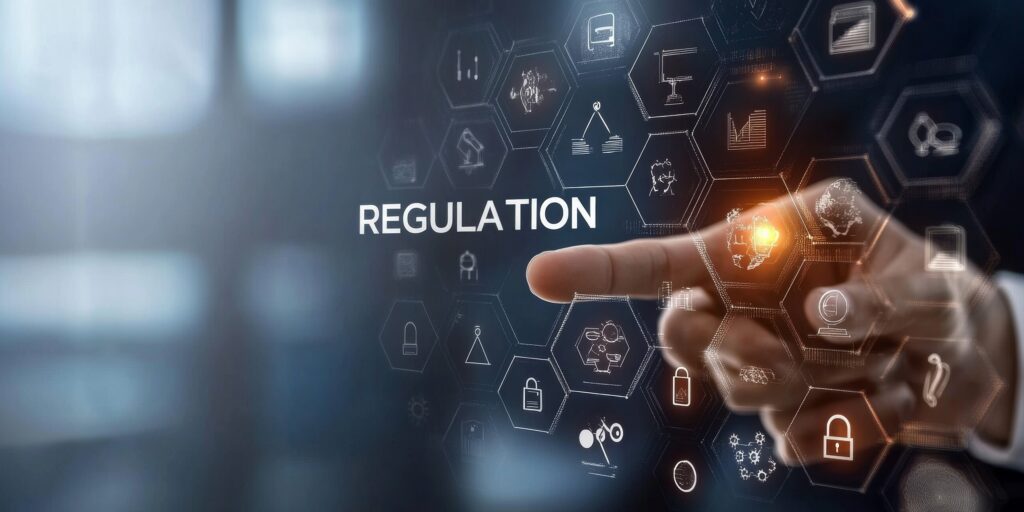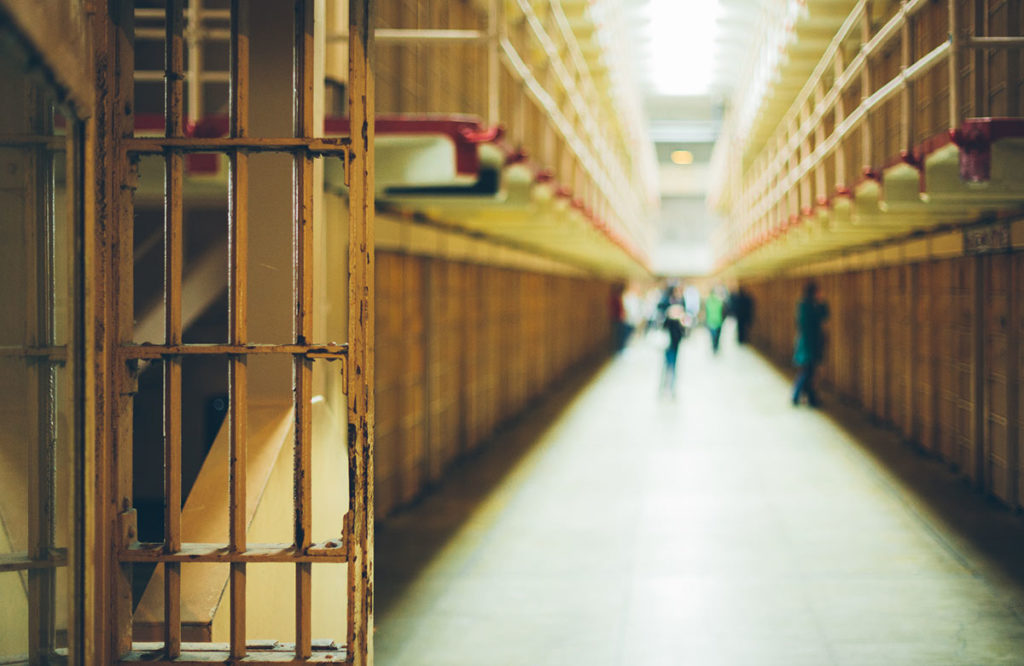MONTHLY ALMANAC of PROGRESS in SCIENCE & INVENTION

Our most jovial greetings for this
month’s compendium of developments and curiosities in the world of scientific discovery
and technological progress. It has been a most productive month at the R Street
Institute, our having produced numerous and diverse publications and works,
viz.:
AUTOMATON ANARCHY — Wonders of
Swiss clockwork technology have led some to call our time the “Golden Age of
Automata.” Indeed, it is easy to speculate that it is only a matter of time
until an automaton is indistinguishable from human intelligence. Should we fear
a world where humans walk amongst the wind-up machines? Mr. Caleb Watney, M.
A., thinks not, and indeed embraces a world of mechanical change. His discourse
on reducing entry barriers to clockworking appears in a recent volume of the
American Action Forum, and Mr. Watney himself delivered orations on the subject in the offices of Congress this month.
HEADING WEST! — Mlle. Sasha
Moss, L. L. M., L. L. B., M. Litt., spoke at the annual
“South by South-West” expo this month, on the need for greater diversity in the
burgeoning horseless carriage industry. The dramatic cultural shift that will
result as combustion engines and electrified “auto-mobiles” replace equine
transport, she explained, necessitates participation from both men and women of
all walks of life.
CARBORUNDUM CONUNDRUM — The stunning
rate of discoveries in electricity, thermodynamics, chemistry and optical
physics have led some, such as Dr. Declat in the International Literary and Artistic Association
of London, to wonder whether the discoverers of these new laws of physics
should receive “scientific property” such as letters patent in their
discoveries. In a recent article, our own
Mr. Chas. Duan, J. D., Reg’d Pat. Atty., argues against the Declat proposal,
noting concerns that it could lead to difficult questions about the originators
of discoveries. It would be especially problematic, he explains, if such ideas
ever made it to American shores and patent attorneys started talking about
expanding “subject-matter eligibility” for patents.
SHOCKING! — Heinrich
Hertz’s discovery of electromagnetic waves has sparked interest in invisible
communications, and it is rumored that Nikola Tesla may be developing systems
for world-wide wireless electrification. But scholars have asked how to handle
the rush to homestead the invisible aether. Our expert Mr. Jos. Kane, M. A.,
has produced a recent exposition on novel ways to divide up property rights in the invisible. It is
his belief that correct allocation in this field will give rise to a future
that only Jules Verne could dream of: a tiny wireless telegraph in every
pocket.
NO TRACKING ON THE TRACKS — With
railroads becoming an increasingly important mode of transit over the last few
decades, new concerns are arising about how the railway industry stores
passenger data. What will result if the Balt. & Ohio knows your every move
about the nation? As Congress turns to legislate on locomotive passenger
privacy, Mr. Thos. Struble, Esq., and colleagues advise on the
right way to write these laws. They propose a uniform congressional framework
that accounts for questions of competition—no small problem for big rail—and
that charges the right institutions with proper levels of authority.
WILL THE U.S. WIN THE “RACE TO AC”? — The question is on the mind of every politician today, and the
stakes could not be greater as nations build out electrical networks that will
undoubtedly have key advantages for national security and economics. Mr. Duan writes that
competition among electrical generators across the country is the key to
national success; he takes issue with the views of others that litigation over
letters patent has been a driver of electrical buildout.
A PEACHY IDEA — Rumours abound
of a new voice telephony competitor in the State of Georgia, promising good
service and lower rates than Southern Bell, the only telephony provider in the
Atlanta area. A ’phone in the home may seem like butter on bacon, but the
telephone is quickly becoming the necessity of tomorrow, and many Georgians
have long been hankering for the new service. Messrs. Jf. Westling, J. D., and
Marc Hyden, B. A., explain how the
Georgia General Assembly can cause local governments to expedite reviews of
applications to raise new telephony wires. Mr. Westling also expounds upon these matters in a brief column. Hopefully, Thompson’s colt won’t be running these reviews any time soon.
O SAY CAN YOU ICC? — Though new alternatives such as the telephone and wireless are quickly making their entrée, most Americans still depend upon fixed wireline telegraphy for their communications needs. That is, if telegraph service is available in their area. This month, the Interstate Commerce Commission held a public hearing on the state of telegraphy competition in the United States. There, our esteemed Mr. Thos. Struble, Esq., regaled onlookers with his mastery of the recently passed Sherman Act and explained how these newly coined “antitrust” laws could not only govern communications markets, but all associated markets as well.
THE TRUTH OF THE MATTER — With
Edison’s invention of the mimeograph and developments in hot-metal typesetting,
any half-wit with a few dollars can now produce a broadside indistinguishable
from the finest national newspapers and circulars. How then, some have asked, will
the national consciousness know truth from fiction? Will the Republic survive
the shock of “deep-print fakes”? Mr. Westling is skeptical of these criticisms:
He writes in a recent article that society has survived great deceptions in the past, and advances
in the art of printing will be no different. He has also produced a brief handbill on the topic.
No word yet, though, on the consequences of Mr. Westling’s views upon that most important topic, the production and distribution by Mlle. Moss of feline memetics.








